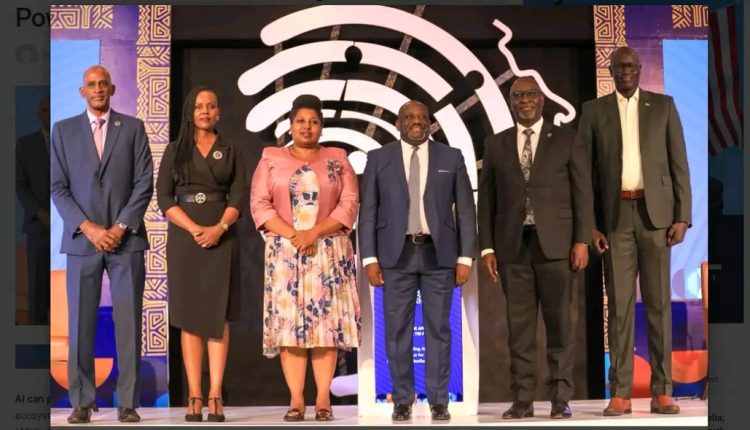African innovators urged to create homegrown AI solutions rather than depending on imported technologies
Addis Ababa, May 11, 2025 (FMC) — Managing Director at Microsoft Africa Development Centre, Catherine Muraga, encouraged local innovators in Africa to create homegrown AI solutions rather than depend on imported technologies including developing AI in languages like Amharic, Kiswahili, and Luganda.
She shared these insights during her keynote address at the Africa Artificial Intelligence (AI) Summit in Uganda, Uganda Times reported.
AI can power Africa’s growth by tapping into its youthful, tech-savvy population and emerging digital ecosystem, according to the Managing Director.
She explained that Africa’s young population positions it well to take advantage of the AI revolution.
By 2030, the continent will host a large share of the global workforce. Many of these individuals are digital natives—young people who grew up with technology. If given the right skills, they can build and manage AI systems for Africa’s needs.
Muraga noted that both businesses and governments across the continent are using AI to solve persistent challenges and increase productivity. She emphasized that this demographic advantage makes Africa uniquely suited for AI-driven development.
Real-world examples support this vision. In Rwanda, Microsoft Research Lab Africa uses AI models to predict floods in real time.
This helps communities prepare and reduce damage. In Kenya, AI-driven climate tools guide farmers on when to plant or harvest, helping them cope with extreme weather.
Muraga highlighted other applications where AI can power Africa’s growth. In Ghana, AI supports remote medical diagnostics.
Predictive pricing tools are linking farmers to markets more efficiently. These solutions rely heavily on good local data. She stressed the importance of including regional accents, local images, and diverse languages to ensure accuracy and inclusivity.
She encouraged local innovators to create homegrown AI solutions rather than depend on imported technologies. This includes developing AI in languages like Kiswahili, Amharic, and Luganda. Localization ensures relevance and boosts adoption across different communities.
Muraga also addressed fears about AI replacing jobs. She urged leaders to focus on AI as a tool for augmentation, not replacement. When presented as a productivity booster or “co-pilot,” employees are more likely to embrace AI. It enhances human work rather than displacing it.
She shared Microsoft’s approach to AI adoption. Rather than launching big projects all at once, the company begins with planning, then runs small pilots. Teams learn from what works, adjust when needed, and scale successful initiatives. This step-by-step method allows sustainable integration.

